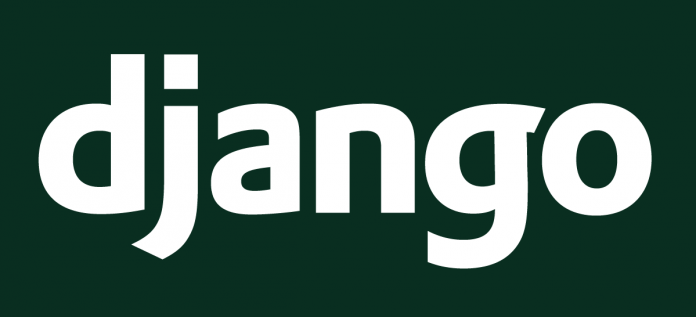Many python developers have used django or at least heard about it. Django is the python web development framework for the perfectionist with deadlines as it encourages rapid development and clean, pragmatic design. It lets you build high-performing web applications very quickly and focuses on automating as much as possible.
According to djangoproject, it was created by a fast-moving online-news operation with two primary goals in mind: handling intensive deadlines of a newsroom and the stringent requirements of the experienced Web developers who wrote it.
The Django framework
Object-relational mapper
Define your data models entirely in Python. You get a rich, dynamic database-access API for free – but you can still write SQL if needed.
Automatic admin interface
Save yourself the tedious work of creating interfaces for people to add and update content. Django does that automatically, and it’s production-ready.
Elegant URL design
Design pretty, cruft-free URLs with no framework-specific limitations. Be as flexible as you like.
Template system
Use Django’s powerful, extensible and designer-friendly template language to separate design, content and Python code.
Cache system
Hook into memcached or other cache frameworks for super performance — caching is as granular as you need.
Internationalization
Django has full support for multi-language applications, letting you specify translation strings and providing hooks for language-specific functionality.
Why Should You Use Django
One of the main reason why developers should use django is the fact that it makes use of Python which is a great high-level programming languages for human beings.
There are many django applications out there that you can use in your own projects, allowing you to save money and time. The installation of a new application on your django project is so easy, all you have to do is add the name of the django app you want to install in INSTALLED_APPS in the settings.py file.
Django offers an automatic admin interface which makes it very easy for the developer to provide an area for content producers that can be used to add content. It is right there for you, easy to set up and activate. According to the official documentation the admin interface reads metadata from your models to provide a powerful and production-ready interface.
As I mentioned earlier in this article django tries to automate alot of stuff. When developing database-driven web applications in django you don’t have to write sql code for your apps because django does it for you. Isn’t this cool? The manage.py file is created when you start a new project in order to helps you to manage you project. For example running python manage.py sql myapp command will generate the sql code needed for the django application myapp. Then the syncdb command is used to run the sql code.
Great Community! Python is a very warm community that welcomes anyone. Anyone that has attended a python conference knows what I am talking about. Great language and great community, what do you want more?
And alot of beer of course!
There are many well known big web applications out there that run on django. Instagram is one of them. But it is not the only one. Popular sites such as Pinterest, djangoproject.com, bitbucket, mahalo, mozilla support, pixabay and dpaste are developed using the django framework too.
How To Install Django In Ubuntu
Open a new terminal and use the wget command-line utility to download the specific tarball from djangoproject.com like shown in the following instruction.
wget https://www.djangoproject.com/m/releases/1.6/Django-1.6.8.tar.gz
Then use the tar utility to extract the archive.
tar xvf Django-1.6.8.tar.gz
Then run the setup.py file to install django on your machine.
cd Django-1.6.8 python setup.py install
Cheers.





